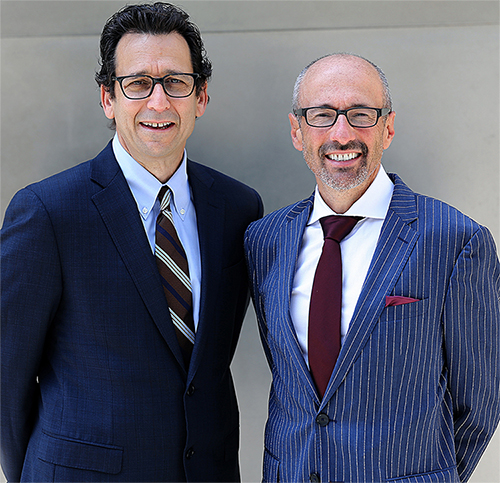[ad_1]

Eisner Gorin LLP
State-Bar Certified Criminal Law Specialist
LOS ANGELES (PRWEB)
September 06, 2020
Congress has been debating federal police reform legislation following high-profile cases of police misconduct, and subsequent civil unrest nationwide.
Former Deputy District Attorney Dmitry Gorin will moderate a presentation on the need for reform in law enforcement.
Mr. Gorin has both prosecuted and defended numerous cases involving police officers, where their use of force was questioned, there were claims of dishonesty, and they were subject to department discipline.
Attorney Gorin previously moderated a panel on these important issues. See video presentation here.
The speakers at the Beverly Hills Bar’s upcoming presentation represent diverse backgrounds and will discuss how the court process deals with allegations of police officer misconduct, the civil and criminal systems of justice facing law enforcement, and whether there is a need for law enforcement reform: See Zoom webinar registration here.
A presentation is scheduled for September 9, 2020 to further address important topics related to improving law enforcement nationally:
-
What do police departments need to do to reform the system? - What is the function of police and why does misconduct take place?
- How does the District Attorney make decisions on filing charges against police?
- How are police trained to use force making an arrest and what are the psychological stressors?
- What is reasonably necessary force and how are officers trained to use force?
- How do police departments implement additional training to make an impact on perceived issues?
Training, police culture, and hiring practices by police departments are all factors that should be examined closely in the reform debate.
An officer may face split second decisions on the street in protecting himself and the public. With hindsight always being 20/20, experts are expected to discuss how should officers be judged after use of force incidents when someone is injured.
In high-profile cases, police officers often find themselves involved with internal affairs criminal investigations, federal crime investigation, and civil lawsuits.
When an officer’s conduct leads to injury or death, civic leaders demand a criminal prosecution.
However, with the high standard of proof “beyond a reasonable doubt,” often prosecutors choose not to charge citing “insufficient proof.”
An officer and his department can also be sued in civil court which has a lower burden of proof and can financially compensate the injured person or his family. This complex issue has led to the political challenges of elected officials who choose to not prosecute.
Dmitry Gorin is a State-Bar Certified Criminal Law Specialist. He is a partner in Eisner Gorin LLP, a criminal defense law firm.
The law firm represents law enforcement officers who are under a criminal investigation, as well as individuals and businesses who are alleged to have committed state and federal crimes.
For more information about our recognized criminal defense law firm, visit us online at: https://www.egattorneys.com and https://www.keglawyers.com.
Share article on social media or email:
[ad_2]

